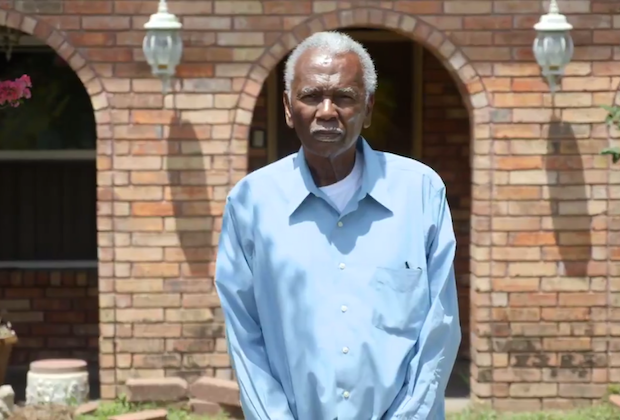The southern Louisiana parish of St. John the Baptist has been dubbed “Cancer Alley” by environmentalists because of its high concentration of toxic air that contains carcinogens. At the heart of Cancer Alley is Reserve, the majority Black town of 10,000 in which nearly every household has had someone die from cancer. Today (May 6), The Guardian kicked off a year-long multimedia series on Reserve and its battle against environmental racism.
The series, titled “Cancer Town,” will include articles, films and public meetings to, The Guardian reports, “track the progress of [the] fight, ask why local politicians are absent, and ask what residents of Reserve have to do to win the right to a clean and safe environment for their children.”
Cancer Alley, located between New Orleans and Baton Rouge and home to 45,000 people, has about 50 toxic chemicals in its air, including benzene, 1,3-butadiene and formaldehyde. The two most dangerous, reports The Guardian, are chloroprene and ethylene oxide [EtO]. In December 2015, the Environmental Protection Agency (EPA) confirmed that Reserve has the most polluted air in the region. Per The Guardian:
rnt
The primary cause of this extraordinary risk level: the Pontchartrain Works facility, and the chloroprene that belches from its stacks. Although there are more than 50 toxic chemicals that contribute to the risk here, chloroprene, the primary component of the synthetic rubber neoprene, is responsible for the vast majority. It is a product that has for almost a century been used all over the world in the manufacture of tires, wetsuits, medical equipment and countless other products—and the Louisiana plant is the only place in the U.S. that produces it.
The series features interviews with Robert Taylor, a 77-year-old environmental activist from Reserve and founder of Concerned Citizens of St. John the Baptist Parish. Taylor also appears in a 2018 video from AJ+ titled “Breathing While Black” that examines why the majority Black area’s cancer risk is more than 700 times the national average. Taylor told The Guardian, “The petrochemical industry and human beings cannot live and operate side by side. So they have decided they’re okay with just wiping us out, especially because of the fact that this is a poor Black population. We were the lowest-hanging fruit.”
Taylor is the lead plaintiff in a lawsuit filed by Reserve residents against DuPont (the factory’s previous owner), Denka (the Japanese company that currently owns it) and state agency Department of Environmental Quality. “DuPont was there for 47 years unchecked,” John Cummings, the attorney leading the suit, told The Guardian. “These people were dying of cancer, children were going to schools and had to breathe this chloroprene gas daily. Nobody cared. And that’s why we’re taking action.”
Read The Guardian’s series here.
